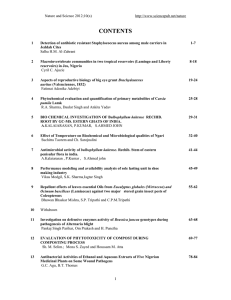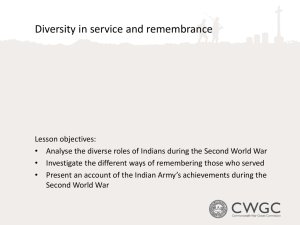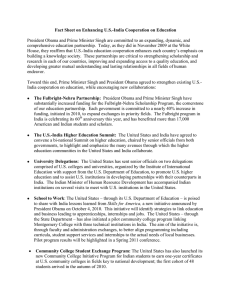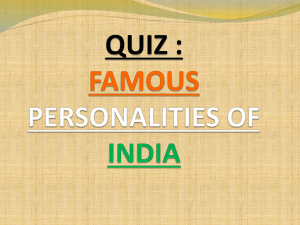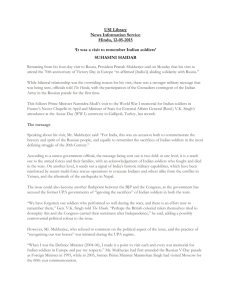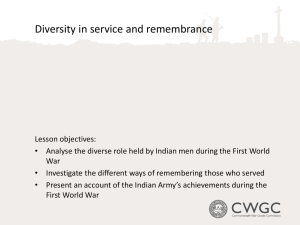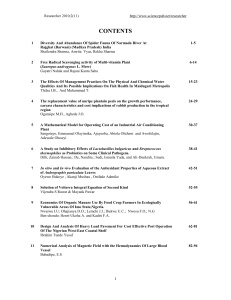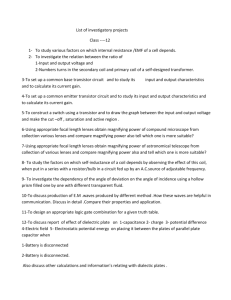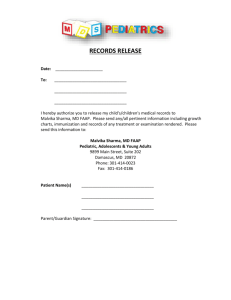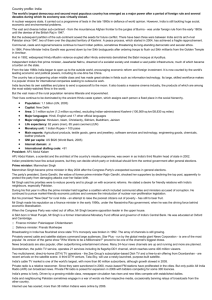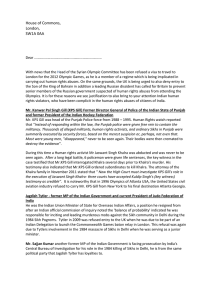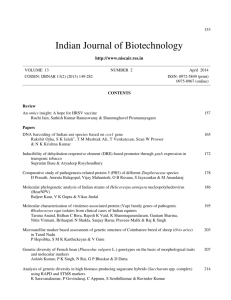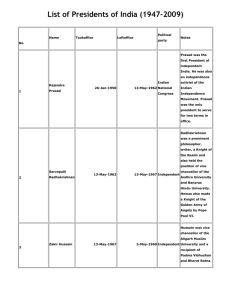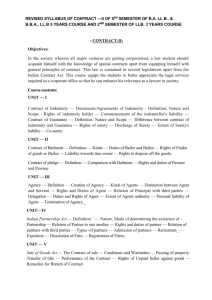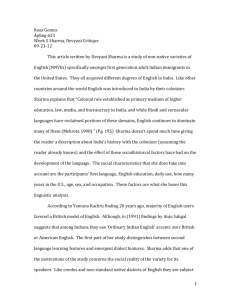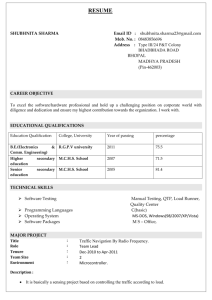Gill Caldicott - Speech
advertisement
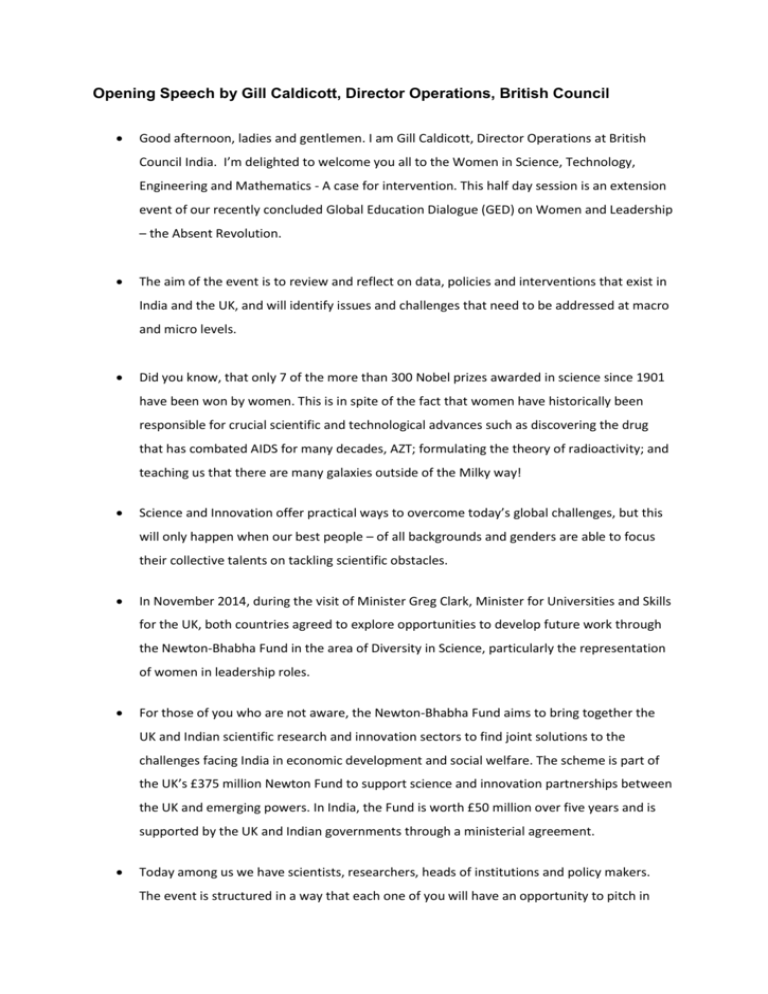
Opening Speech by Gill Caldicott, Director Operations, British Council Good afternoon, ladies and gentlemen. I am Gill Caldicott, Director Operations at British Council India. I’m delighted to welcome you all to the Women in Science, Technology, Engineering and Mathematics - A case for intervention. This half day session is an extension event of our recently concluded Global Education Dialogue (GED) on Women and Leadership – the Absent Revolution. The aim of the event is to review and reflect on data, policies and interventions that exist in India and the UK, and will identify issues and challenges that need to be addressed at macro and micro levels. Did you know, that only 7 of the more than 300 Nobel prizes awarded in science since 1901 have been won by women. This is in spite of the fact that women have historically been responsible for crucial scientific and technological advances such as discovering the drug that has combated AIDS for many decades, AZT; formulating the theory of radioactivity; and teaching us that there are many galaxies outside of the Milky way! Science and Innovation offer practical ways to overcome today’s global challenges, but this will only happen when our best people – of all backgrounds and genders are able to focus their collective talents on tackling scientific obstacles. In November 2014, during the visit of Minister Greg Clark, Minister for Universities and Skills for the UK, both countries agreed to explore opportunities to develop future work through the Newton-Bhabha Fund in the area of Diversity in Science, particularly the representation of women in leadership roles. For those of you who are not aware, the Newton-Bhabha Fund aims to bring together the UK and Indian scientific research and innovation sectors to find joint solutions to the challenges facing India in economic development and social welfare. The scheme is part of the UK’s £375 million Newton Fund to support science and innovation partnerships between the UK and emerging powers. In India, the Fund is worth £50 million over five years and is supported by the UK and Indian governments through a ministerial agreement. Today among us we have scientists, researchers, heads of institutions and policy makers. The event is structured in a way that each one of you will have an opportunity to pitch in your views and opinion. I urge you all for active participation in today’s event to identify key issues and challenges at macro and micro levels and propose recommendations about specific future action and interventions for change. Before I introduce the speakers to you, I would like to take this opportunity to acknowledge our partners for today’s event. British Council has organised this event with the support from Department of Science and Technology, Government of India and UK Science and Innovation Network – India based at the British High Commission. I would now like to call upon Dr H B Singh, Officer in-charge at Department of Science and Technology, India. Dr Singh has published 42 research papers in national and international journal of repute. He has been lookings after the Women Scientist Scheme of DST. Thank you Dr Singh. It is my pleasure to welcome Dr Manju Sharma to present the scenesetting address. Dr Sharma is the former secretary of the Department of Biotechnology of India and current president and executive director of the Indian Institute of Advanced Research. She is a renowned leader in promoting bioscience and technology in India and around the world. She has many research publications, a monograph on medicinal plants, several technical and policy reports, nationally and internationally, to her credit. Beginning in 1974, she held various positions in the Indian government, including in the Department of Science and Technology, the Planning Commission, the Office of Scientific Adviser to the Prime Minister, and the Department of Biotechnology. She is a recipient of the prestigious Padma Bhushan award. I do hope that you will enjoy Dr Sharma’s address. I would now like to hand-over to Amanda Dickins, Head – Science and Society, Department of Business, Innovation and Skills to moderate the next session.
